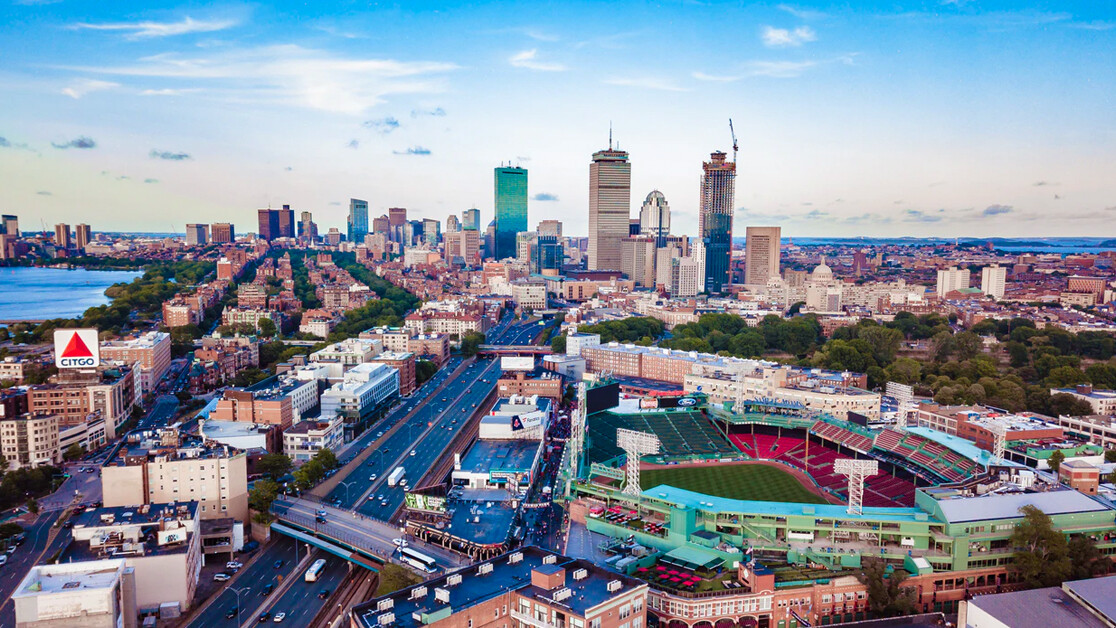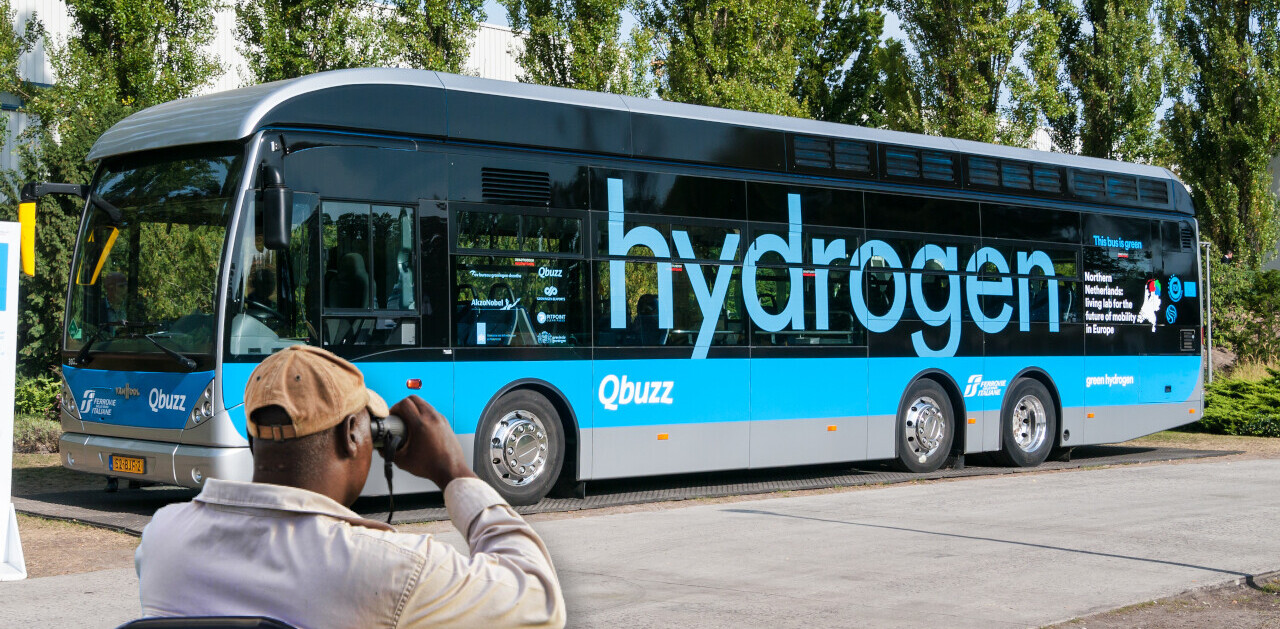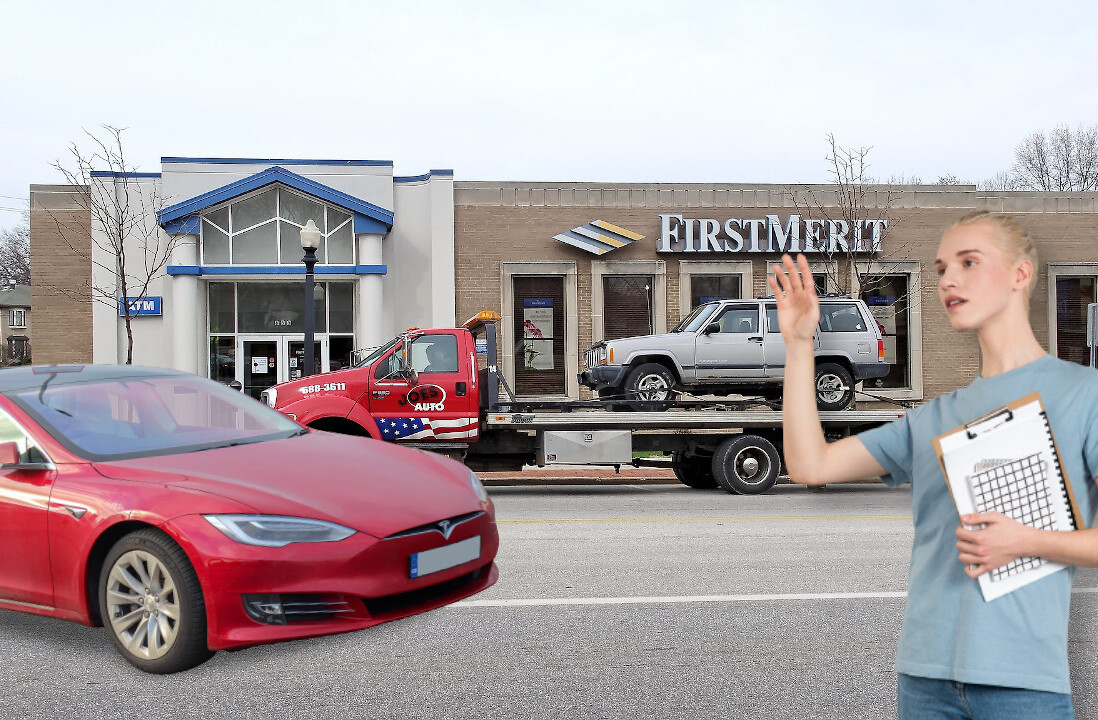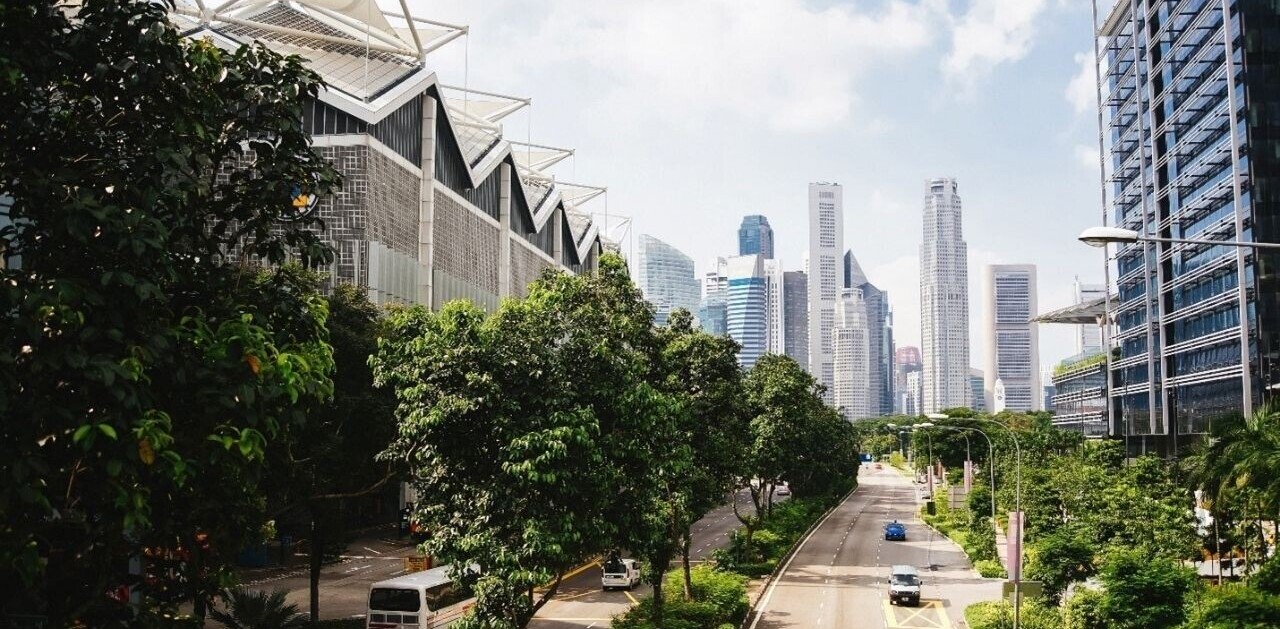This article was originally published by Christopher Carey on Cities Today, the leading news platform on urban mobility and innovation, reaching an international audience of city leaders. For the latest updates follow Cities Today on Twitter, Facebook, LinkedIn, Instagram, and YouTube, or sign up for Cities Today News.
Boston Mayor Marty Walsh has announced a Zero-Emission Vehicle (ZEV) Roadmap for the city as part of a long-term strategy to accelerate the adoption of electric vehicles (EVs) and other zero-emission forms of transport.
Under the plans, every Boston neighborhood will have EV charging stations by 2023; EVs will account for almost a quarter of every vehicle purchase in the city by 2025; and the majority of the municipal fleet will be decarbonized over the coming decades.
“In Boston, we know the urgency around climate action and we are committed to leading on a national and international scale,” said Mayor Walsh. “Our new public electric vehicle charging stations are a key element of reducing our emissions while making our city healthier and more accessible today and for years to come.”
The Boston Transportation Department is also installing publicly accessible EV charging stations in its neighborhood municipal parking lots, and the city wants an EV carshare facility or charging station “within a 10-minute walk” of every household by 2040.
There are currently over 700 publicly accessible charging stations throughout the city, which ranks 10th for EV car sales in the US.
[Read: ]
Going green
Boston’s planned EV expansion is being made in partnership with energy provider Eversource, through its Make Ready Program. The firm will provide the infrastructure to support the EV charging stations, while the city will install and operate them.
Chris Osgood, Boston’s Chief of Streets, said “In addition to encouraging more people to walk, bike or take transit, an essential path to reaching carbon neutrality is switching from gas-powered to electric vehicles. This Zero-Emission Vehicle Roadmap identifies concrete steps we must take to accelerate the adoption of electric vehicles.
“The Roadmap furthers our commitments made in Go Boston 2030 and the Climate Action Plan Update, and it will help us provide more reliable and sustainable transportation options for our residents.”
In March 2017, Mayor Walsh launched Go Boston 2030, a transport plan that set a goal of reducing the number of car trips in the city by half through investing in safer streets and major upgrades to the city’s transit system.
Of the 58 projects listed under the plan, 21 are already in implementation, 17 are in design, and 20 have yet to be started.
This week the city launched a number of new buses and bike lanes through the scheme, which has been accelerated as a result of the COVID-19 pandemic.
Transportation accounts for almost a third of Boston’s total greenhouse gas emissions, with 65 percent coming from personal vehicles.
In October, the city issued a request for proposals (RFP) to design its first ‘urban forest’ plan. This will see the development of strategies that promote the growth and protection of Boston’s urban canopy over the next 20 years.

SHIFT is brought to you by Polestar. It’s time to accelerate the shift to sustainable mobility. That is why Polestar combines electric driving with cutting-edge design and thrilling performance. Find out how.
Get the TNW newsletter
Get the most important tech news in your inbox each week.






